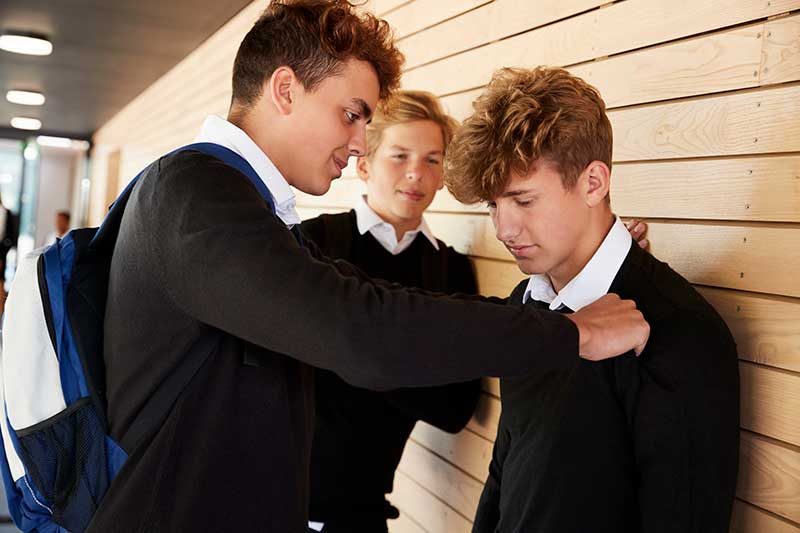Teenage Anxiety Spotting the Signs and Offering Support
Physical, emotional, and mental turbulence characterize the adolescent stage of life. Many adolescents experience the onset of anxiety during this time, a normal reaction to the challenges and uncertainties of growing up. A certain amount of anxiety is normal, but excessive anxiety can be debilitating and have long-term consequences if left untreated. In this blog, we will discuss the symptoms of adolescent anxiety and offer support strategies for parents, teachers, and other caregivers.
Recognizing Teenage Anxiety
Anxiety in adolescents is more than occasional concern or stress over tests or social situations. It entails excessive fear or worry that persists for an extended period, interfering with a teenager’s daily life. It is essential to recognize the indicators of anxiety, which manifest in a variety of ways.
Frequent Indicators of Teenage Anxiety
- Anxiety is frequently accompanied by physical symptoms such as migraines, stomachaches, muscle tension, perspiration, and restlessness.
- Look for indicators of increased irritability, mood swings, excessive anxiety, and anger. Additionally, adolescents with anxiety may disengage from social activities or display perfectionism.
- Anxiety can disrupt sleep patterns, resulting in difficulty falling asleep or remaining unconscious. This can lead to chronic fatigue over time.
- Academic Difficulties: Anxiety may negatively affect a teen’s academic performance due to difficulty concentrating, excessive worry about grades, or dread of making mistakes.
- Anxious adolescents may withdraw from peers and social situations, resulting in social isolation. They may be excessively self-conscious and fearful of criticism or judgment.
- As a means of coping with emotional distress, some anxious adolescents may engage in self-injurious behaviors such as slashing or burning.
- In an effort to self-medicate and alleviate their anxiety, some adolescents resort to drugs or alcohol.
Offering Assistance
- Encourage nonjudgmental, frank communication with your adolescent. Inform them that you are available to listen and offer support whenever they are ready to speak.
- Inform Yourself: Educate yourself on anxiety disorders, their causes, and their treatment. Understanding the disorder will allow you to empathize with your adolescent.
- Consult a Mental Health Professional If you suspect that your adolescent is contending with anxiety, you should seek professional assistance. They can provide an accurate diagnosis and recommend an appropriate course of treatment, which may include therapy and, in some instances, medication.
- Encourage Healthy Habits: Promote a healthy lifestyle that includes regular exercise, a well-balanced diet, and adequate rest. These factors can have a significant impact on the mental health of adolescents.
- Help your adolescent develop coping strategies, such as deep breathing exercises, mindfulness, and journaling, to manage anxiety.
- Reduce Stressors: Work with your teenager to identify and reduce stressors in his or her existence. This may entail adjusting academic expectations, harmonizing extracurricular activities, and establishing a supportive home environment.
- Support Their Interests: Encourage your adolescent to pursue their interests and passions, which can serve as a valuable distraction and source of fulfillment.
- Encourage a Healthy Social Life: Assist your adolescent in forming and sustaining friendships. Social connections can serve as a formidable barrier against anxiety.
The conclusion
Anxiety in adolescents is prevalent and treatable. As parents, educators, and caregivers, it is our responsibility to recognize the warning signs, offer support, and encourage adolescents to seek professional assistance when necessary. We can empower adolescents to navigate the challenges of adolescence and develop resilience in the face of anxiety by encouraging open communication and promoting healthy practices. Remember that your understanding and support can make a significant impact in the life of a teenager.










